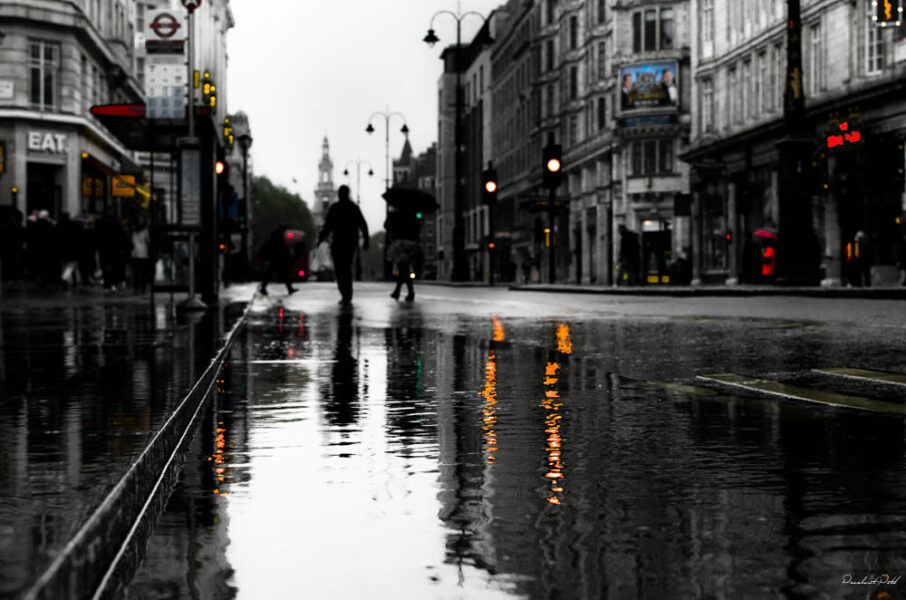
I am sure that most of us saw the news; the UK is “officially” the second most unhappy country in the world. Uzbekistan was the most unhappy, and the happiest were the Dominican Republic, Sri Lanka and Tanzania, in that order. With the UK in second place, it means that people living in Venezuela, which has a 90% poverty rate, are happier than we are. But is this the full picture? How were these findings calculated? And ultimately, is the UK really all that bad?
The study was carried out by Sapiens Lab, a non-profit neuroscience research body which, since 2019, has been publishing an Annual Global Mind Project. They ask people from 70+ countries to complete the Mental Health Quotient (MHQ) questionnaire, which measures overall happiness and resilience. People were then placed on scale from -100 to 200. The UK came last in terms of people struggling mentally, with 35% of the country reporting that they were “distressed”.
There are of course, some questions. Who has access to the questionnaire? How many people have done it? The report itself admits some of the limitations of their research. Respondents need to have internet access, be literate and language proficient and be willing and able to spend 15 minutes of their day completing the questionnaire. In the UK, 96% of people have access to the internet, whilst in Sri Lanka, it is just 66%. Further analysis of the data tables from the report reveal that the UK had 9,163 respondents, Sri Lanka, 2,245 and the Dominican Republic, just 2,106 respondents. With populations in the millions, it does feel like a rather small sample size, although the report does say that they made efforts to ensure a broad range of demographics in their work. That being said, I am not personally convinced that such broad conclusions can be drawn. But you can make your own mind up on that.
The report itself admits some of the limitations of their research. Respondents need to have internet access, be literate and language proficient and be willing and able to spend 15 minutes of their day completing the questionnaire
There is, however, no doubt that the UK is struggling. The cost of living has resulted in a 54% increase in energy costs since 2021, the trains never run on time, the roads are littered with potholes, our leaders are ineffective, and it is always grey. All these issues can easily explain why 35% of respondents said they were “distressed”.
Despite all of the above, there is much to be positive about too. The UK has an immensely charming countryside, and if you leave the city behind you will find rolling hills, mountains, sandy beaches, and small idyllic stone villages. Spending time in rural areas has often been found to help with anxiety and depression, so I would urge you to try and spend more time outdoors. In Exeter, we are perfectly placed to enjoy the natural world, with trains able to take you to the beach (Dawlish and Exmouth) or to Dartmoor (Okehampton). If you consider yourself a full city dweller, I would encourage you read the Exeposé article on the best student deals for a meal out in Exeter (note: Franco Manca does not accept the deal on a Friday – I learnt this the hard way). Having dinner out a can be a nice way to switch off; you can catch up with friends, you don’t need to cook, and it can help to break up the week.
The UK has an immensely charming countryside, and if you leave the city behind you will find rolling hills, mountains, sandy beaches, and small idyllic stone villages.
There is much to be stressed about, and the responses of Britons are understandable, but there is so much that we can do to try and live happier, better lives.


